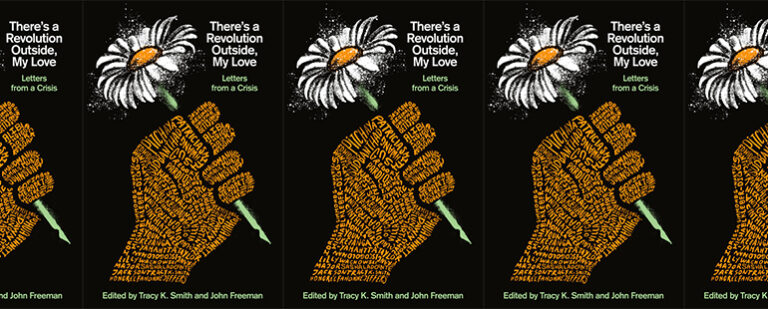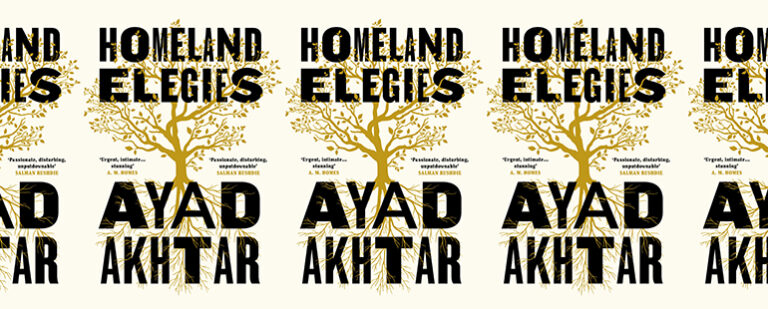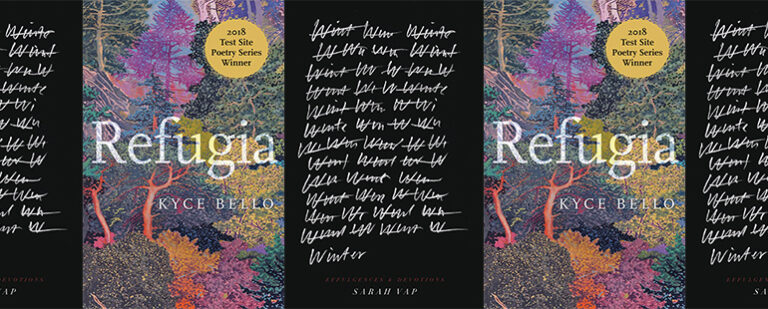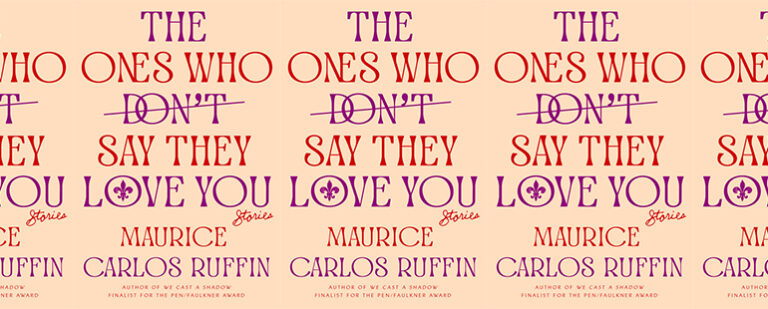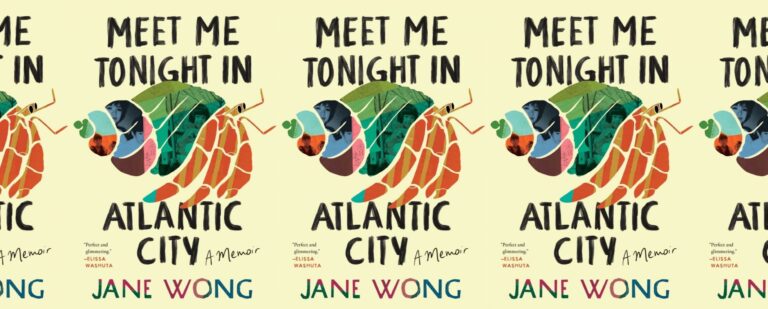Fear and Selfishness in The Dangers of Smoking in Bed
In Mariana Enriquez’s most recently translated story collection, people are afraid: afraid of poverty, afraid of solitude, afraid of confronting the grotesqueness of their own mistakes. One of the strings binding the collection is that again and again fear pushes the characters into committing craven acts of selfishness.

